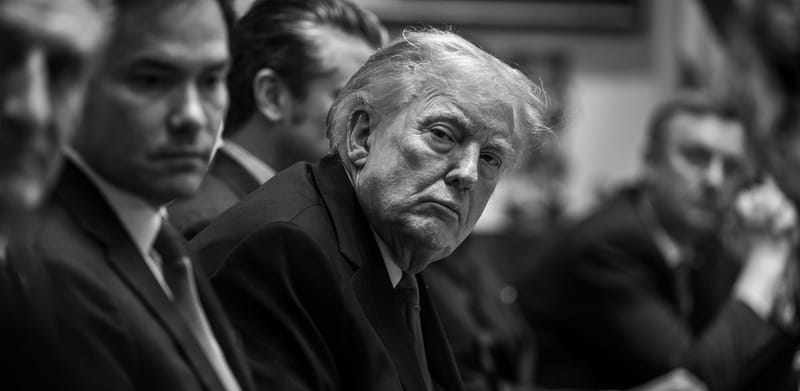France on edge ahead of planned 10 September shutdown
France braces for mass unrest as unions, students, and citizens plan strikes, blockades, and boycotts on 10 September, protesting austerity cuts in a leaderless movement sparking nationwide disruption.
What you need to know
🔹 France braces for major unrest on 10 September amid widespread anti-austerity protests.
🔹 Protesters plan strikes, blockades, and boycotts targeting transport, education, and infrastructure.
🔹 Movement is leaderless and unpredictable, with 100,000 participants expected nationwide.
🔹 Political responses vary, with leftist support and government warnings of strict policing.
A grassroots protest wave triggered by budget cuts is set to climax on 10 September, with unions, students, and citizens planning strikes, blockades, and acts of civil disobedience.
Widespread action planned across France
The country is preparing for a day of major unrest on 10 September, as online calls to “block everything” gather momentum nationwide. The mobilisation, spurred by Prime Minister François Bayrou’s proposed 2026 austerity budget, has evolved into a decentralised, multi-sector protest movement involving unions, students, shopkeepers, grassroots collectives, and political parties, and ranges from transport strikes and school blockades to bank withdrawals and economic boycotts.
Two unions (CGT and Sud-Rail) are leading calls for a general strike, while citizens are taking matters into their own hands.
“On our site, we’ll speak out during every shift to get workers to strike,” a Total Energies union leader in Le Havre told France Info. Others are opting for more discreet forms: “I did a big shop today to avoid stores later. I’ll boycott consumption.”
Protest forms: from blockades to boycotts
Authorities are bracing for blockades of key infrastructure, including airports, train stations, refineries, and roads, as well as more radical tactics such as ATM sabotage, radar disabling, and “free shopping” operations at supermarkets.
In the air and rail sectors, the disruption could be significant. Unions at airlines and train companies have all issued strike calls. Public sector workers, including those in healthcare and education, will join the strike, with demonstrations planned at hospitals, pharmacies, and municipal services.
Student groups are urging school and university blockades. Far-left politicians have also publicly encouraged student participation.
In Paris, the authorities are reinforcing security around government institutions, including the Élysée and the National Assembly. Interior Minister Bruno Retailleau has ordered heightened surveillance of strategic sites, including ports, depots, and energy hubs. He has instructed police to take a firm line. Any damage will result in immediate arrests.

A leaderless movement with unpredictable momentum
Security officials say the mobilisation is hard to forecast. “It’s a horizontal movement; there’s no central command,” one intelligence source told AFP. “Everyone has their own idea. It’s going in every direction.”
The Bloquons tout (Let’s block everything) movement originated on social media over the summer but has since been embraced by sections of the radical and far-left, prompting concerns over potential escalations.
Despite its diffuse nature, intelligence services expect around 100,000 people to participate nationwide, with 50 demonstrations and 20 blockades likely to occur across the country. The lack of a unified demand adds to the uncertainty. Protesters’ goals range from local grievances to calls for the resignation of President Macron.
“There’s anger,” said one security official. “And the images won’t be pretty.”
Divided political response
While La France insoumise (Far-left), the Green Party, and the Communists have backed the mobilisation, others on the left are more cautious. Green Party leader Marine Tondelier expressed support but warned against political co-opting: “Let’s not ruin it by turning this into a flag-waving contest.”
The Socialist Party remains more reserved. Its party spokesperson acknowledged the “exasperation” behind the movement but criticised its lack of clarity.
As France readies itself for what could be a defining moment of public dissent, the question remains: can a leaderless, unstructured movement translate mass frustration into political leverage — or will it simply ignite chaos?

GOING FURTHER
'Block Everything': While September 10 movement echoes the Yellow Vests, it also has key differences | LE MONDE
‘Block everything’: What we know about the movement to shut down France on September 10 | FRANCE 24







